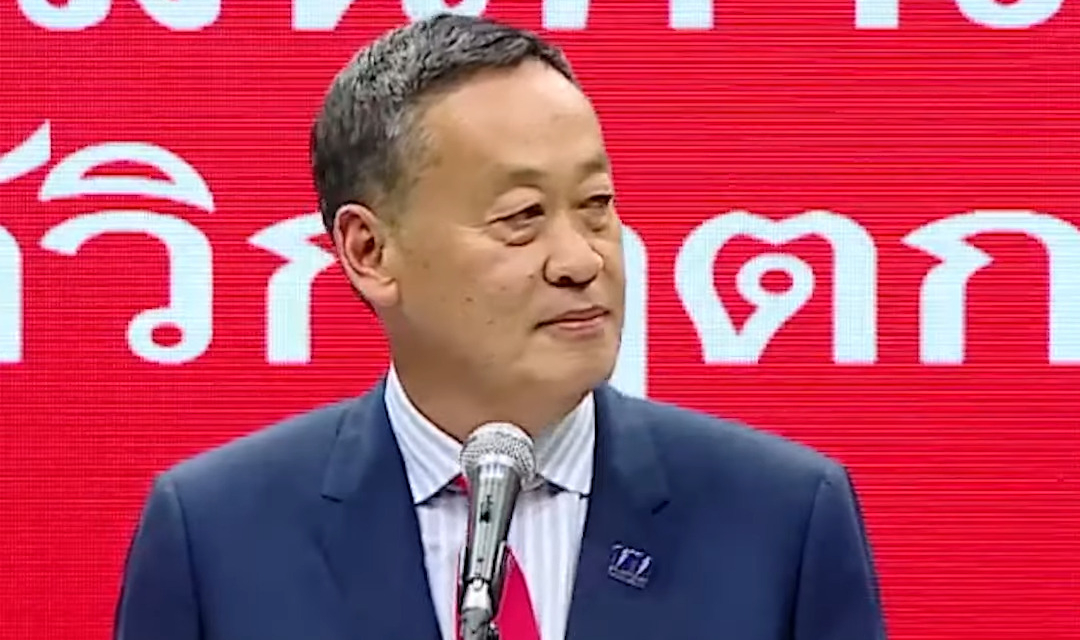Thai hemp stakeholders are pressing the new government for clarity regarding the potential rescheduling of marijuana and limiting hemp to fiber and seed products, essentially wiping out the CBD business.
The Thai Industrial Hemp Trade Association (TIHTA) said cannabis companies deserve to know as soon as possible if the new government of Prime Minister Srettha Thavisin will reverse advances in cannabis policy made in Thailand over the past several years.
TIHTA estimated its members have invested $200-300 million baht (~US$5.5-8.3 million) in their hemp operations, primarily in CBD. Total cannabis investments including marijuana are estimated in the tens of billions of baht.
‘Non-psychoactive’ hemp OK
Thavisin’s Pheu Thai Party, a center-left party that has traditionally supported farmers, said in the runup to the August elections that it would strictly regulate the production and sale of CBD, limiting the compound to use in medical products and research initiatives only. The party said its plan is to support industrial hemp only for non-psychoactive products such as food, textiles, and building materials.
The new government said it has appointed a team to draft a new law for all cannabis, and ordered a speedy process.
The Thavisin government’s position on CBD is a departure from the previous government’s policy, which allowed CBD to be used in a wide range of products, including food, beverages, and cosmetics. When those initial policies took effect and hemp and marijuana were removed from the country’s list of dangerous drugs in 2022, several companies announced plans to develop CBD business in Thailand.
Stakeholders need clarity
The changes cleared the way for the processing of cannabis flowers after the government in late 2020 took an initial step that started allowing manufacturers to produce hemp seed oil- and extract-based cosmetics, and products from plant stalks. The government later approved hempseed oil derivatives for use in food and drinks.
Public Health Minister Cholnan Srikaew said cannabis companies need to know the new government’s intentions to be able to adjust their business plans. “We’d better get cracking and decide soon if these plants will be re-listed as narcotics or not,” Srikaew said. “For businesses, what matters most is that a clear and final decision is made.”
Thailand’s general cannabis law as it affects investment, sales and imports is highly restrictive. Cannabis permits are granted only to government entities and their partners, and hemp products cannot be imported until next year, under rules announced at the end of 2020.
Recent history
Thailand took its first step toward decriminalizing cannabis in 2019, when the government allowed marijuana to be grown and used for medical purposes. Under the changes to the hemp sector that became effective in 2020 and 2021, producers can make and sell cosmetics and food with hemp seed oil or hemp seed extract if the finished products do not contain more than 0.2% THC by weight.
Thailand was the first country in Southeast Asia to decriminalize all forms of cannabis, and one of only a handful of nations that have set the THC level for hemp plants in the field at a full 1.0% by dry weight. Most countries observe 0.3% THC as the delineation between high-THC marijuana plants and industrial hemp.
The government said it will set a transitory policy that won’t criminalize home growing of marijuana, which is allowed under current rules, until any new law comes into full effect.
Read the full article here

